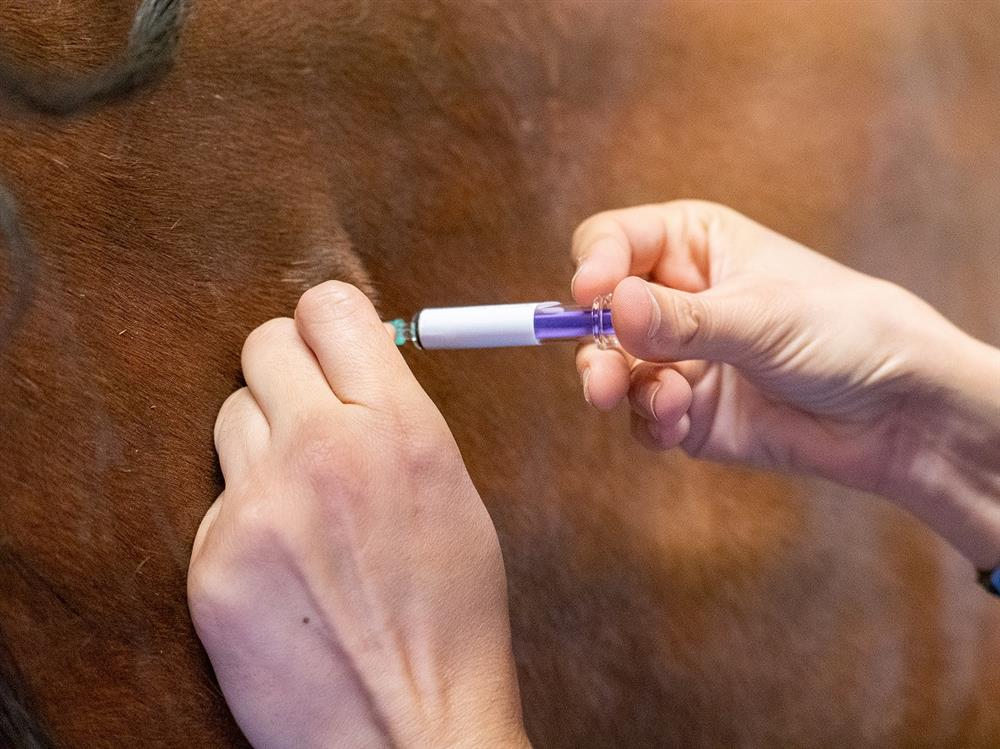The Equine Immune System
Just like humans, some horses can have challenged immune systems which means they have an increased risk of experiencing illnesses. A strong immune system will help the horse recover from illness or injury and aid natural defences when they have been compromised.
What does the immune system do and how does it work?
Quite simply, the horse’s immune system helps to protect the horse from illness, infection and disease. Any harmful organisms, also known as antigens, which manage to enter the horse’s immune system stimulate antibodies or a cell-mediated response to eliminate the antigens, thus protecting and defending the body. The immune system is also capable of having cells which retain a memory of the exposure so that in the future the defence response will be quicker and more efficient.

Which horses are most at risk?
Horses more at risk include; those that have had a period of illness, weanlings, youngsters, veterans, those who have been malnourished or starved, as well as horses that travel frequently, those in hard training and horses that are exposed to large amounts of stress.
- Nutrition - about 70% of immunity is associated with the digestive system and almost all nutrients help to support the immune system. These include vitamins and minerals, protein, fibre and fats. Even a well-fed horse can be at risk of immune suppression if it is not receiving the required vitamins and minerals it needs (however those who are malnourished are often at a greater risk).
- Age - both very young horses and older horses are at risk. Weanlings have the added pressure of having to adapt without their mother’s milk and their immune system must develop quickly. In an older horse the capabilities of the immune system become weakened as a result of the aging process. These changes will occur at different rates in different horses, so it is important to be vigilant and monitor their condition closely.
- Stress - this may be in either a mental or physical form. Cortisol is the hormone produced when a horse becomes stressed and, when elevated, can weaken the horse’s immune system. As horses are natural trickle feeders, a common stressor is having an empty stomach. Therefore, providing adequate forage is vital. Stressed horses often produce higher steroid levels which can suppress the immune system. This could be due to mental stress at weaning time, during changes of routine, physical stress from overbreeding, very hard work or even injury.

Vaccines
Vaccinations are designed to work solely against one antigen. For example, a tetanus vaccine will only protect against tetanus. Veterinarians often encourage horse owners to give booster shots, this is because when the horse is given the second dose of antigens, the antibodies react faster, in larger numbers and provides longer lasting protection from the disease.












